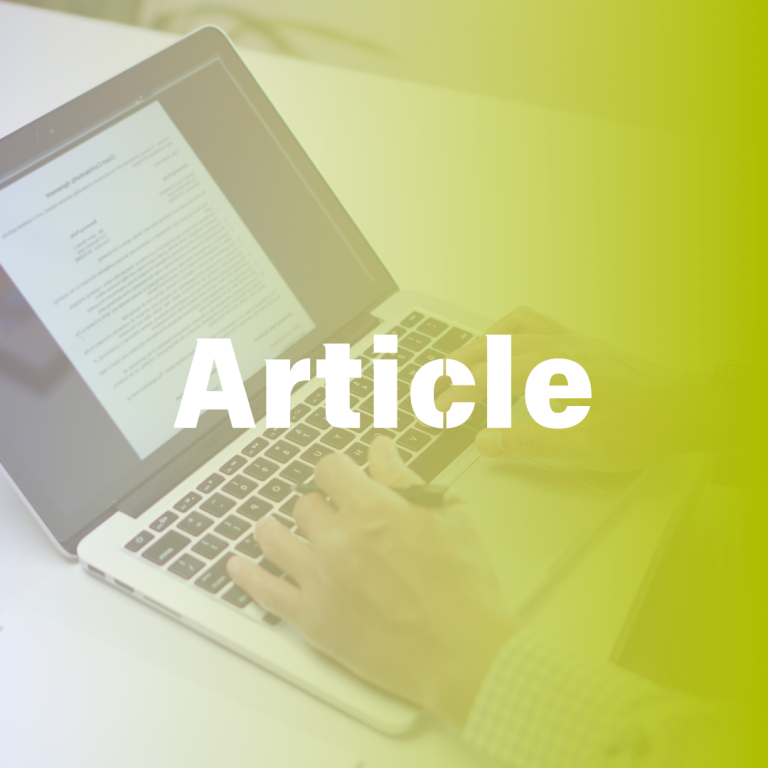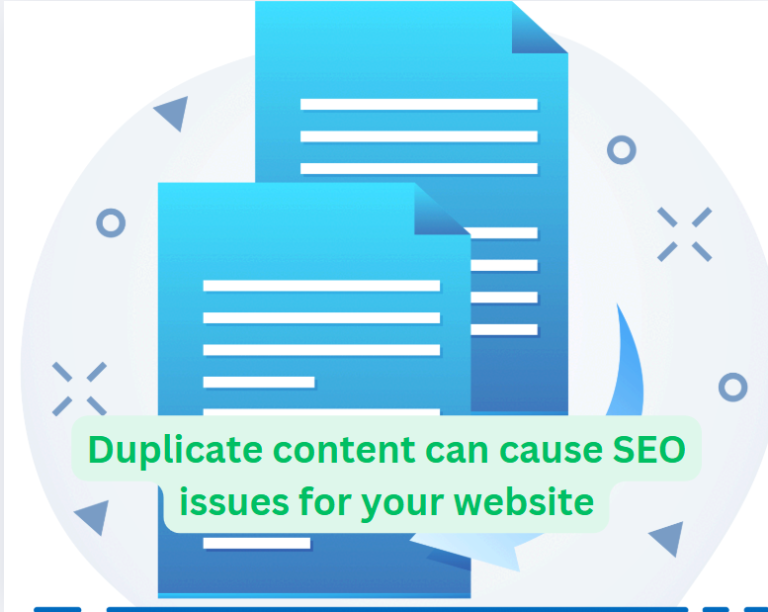These tags help search engines understand which version of a webpage should be indexed and ranked, especially when multiple URLs contain the same or similar content.
Try this canonical tag checker:

In the ever-evolving world of search engine optimisation (SEO), small businesses need to ensure their websites are not only user-friendly but also search engine-friendly. One often overlooked yet critical element of SEO is the use of canonical tags. These tags help search engines understand which version of a webpage should be indexed and ranked, especially when multiple URLs contain the same or similar content. For small businesses, properly implementing canonical tags can prevent duplicate content issues, improve search rankings, and enhance overall website performance.
What Are Canonical Tags?
A canonical tag, or rel="canonical", is a piece of HTML code added to the <head> section of a webpage. It informs search engines about the “preferred” version of a page when there are multiple URLs with identical or similar content. Essentially, it tells search engines which page should be indexed and displayed in search results.
For example, if the same content is accessible through multiple URLs such as:
https://example.com/pagehttps://example.com/page?utm_source=facebookhttps://example.com/page/index.html
A canonical tag can be used to designate the main or “canonical” version of the page (e.g., https://example.com/page). This ensures that search engines focus on indexing and ranking this preferred version, avoiding confusion and preventing any negative impact on SEO.
Why Canonical Tags Matter for Small Businesses
- Prevention of Duplicate Content Issues
Duplicate content can be a significant problem for websites, particularly for small businesses that often repurpose content or have product pages with similar descriptions. Search engines may struggle to decide which version of the content to rank, which could result in lower rankings or, worse, a penalty for having too much duplicate content. Canonical tags help solve this issue by indicating the preferred version of a webpage, ensuring that search engines do not mistakenly penalise your site for duplicate content. - Consolidation of Link Equity
For small businesses, every backlink matters. Backlinks help improve domain authority and SEO rankings, but if multiple versions of the same content exist, the link equity (the SEO value passed by backlinks) can be diluted across several URLs. By using canonical tags, all the link equity is consolidated and directed towards the main version of the page. This means your website benefits from stronger rankings and a clearer link structure. - Improved Crawling Efficiency
Search engines like Google use crawlers to explore and index websites. However, every site has a crawl budget, which is the number of pages a search engine will crawl on a given site. For small businesses with limited resources, it’s essential to ensure that crawlers spend their time on valuable, unique content, rather than wasting the crawl budget on duplicate or similar pages. Canonical tags help guide search engine crawlers by telling them which version of the page to prioritise, making the crawling process more efficient and ensuring that the most important pages are indexed. - Maintaining Consistent SEO Performance During Website Changes
Small businesses often update or redesign their websites as they grow. When changes are made, particularly involving new page structures or URLs, it’s crucial to implement canonical tags to avoid any negative impact on SEO. For instance, if you migrate content from one URL to another or create temporary URLs for promotional purposes, canonical tags can ensure that search engines understand which page is the definitive version. This way, you can maintain your SEO performance and avoid drops in rankings during transitions. - Enhanced User Experience and Clarity
In addition to SEO benefits, canonical tags contribute to a better user experience by ensuring that users are directed to the correct and intended version of a page. This avoids confusion caused by users landing on different URLs for the same content, which may lead to frustration or mistrust. A seamless and consistent experience is essential for small businesses looking to build credibility and trust with their audience.
Common Scenarios Where Canonical Tags Are Essential
- Product Pages with Variants
Many e-commerce websites offer different versions of the same product (e.g., different colours or sizes). Each variant may have its own URL, but the core content is the same. Using canonical tags can help prevent these pages from being flagged as duplicate content and direct search engines to the main product page. - Content Syndication
If your small business syndicates its content to other platforms or blogs, you want to ensure that the original content is indexed by search engines, not the syndicated version. Adding a canonical tag to the original page signals to search engines that it is the primary source of the content, protecting your rankings. - Pagination
For small businesses with blog posts, articles, or product listings spread across multiple pages, pagination is common. Canonical tags help ensure that search engines understand the relationship between the pages and which one should be prioritised, preventing diluted SEO efforts. - Tracking Parameters in URLs
Small businesses often use tracking parameters, such as UTM codes, in URLs to measure marketing campaigns. While these parameters help with tracking, they can create multiple versions of the same page. By using a canonical tag on the main URL, you can keep the tracking functionality while ensuring that search engines only index the primary version of the page.
How to Implement Canonical Tags
Canonical tags are easy to implement and should be placed in the <head> section of your webpage. Here’s an example of what a canonical tag looks like:
htmlCopy code<link rel="canonical" href="https://www.example.com/preferred-page-url/">
For small business owners using content management systems (CMS) like WordPress, SEO plugins such as Yoast SEO or All in One SEO Pack provide easy ways to add canonical tags without needing to edit the HTML manually. It’s also essential to test and verify the correct implementation of canonical tags using tools like Google Search Console or Screaming Frog to ensure they are working as expected.
Conclusion
Canonical tags are a vital component of a successful SEO strategy, especially for small businesses looking to compete in crowded markets. By preventing duplicate content, consolidating link equity, and improving crawling efficiency, canonical tags ensure that your website’s SEO efforts are focused and effective. For small businesses, where every visitor and ranking improvement can make a big difference, proper use of canonical tags can contribute to better visibility, higher traffic, and improved business performance.
How useful was this Resource?
Click on a star to rate it!
Average rating 0 / 5. Vote count: 0
No votes so far! Be the first to rate this post.
We are sorry that this post was not useful for you!
Let us improve this Resource!
Tell us how we can improve this Resource?









